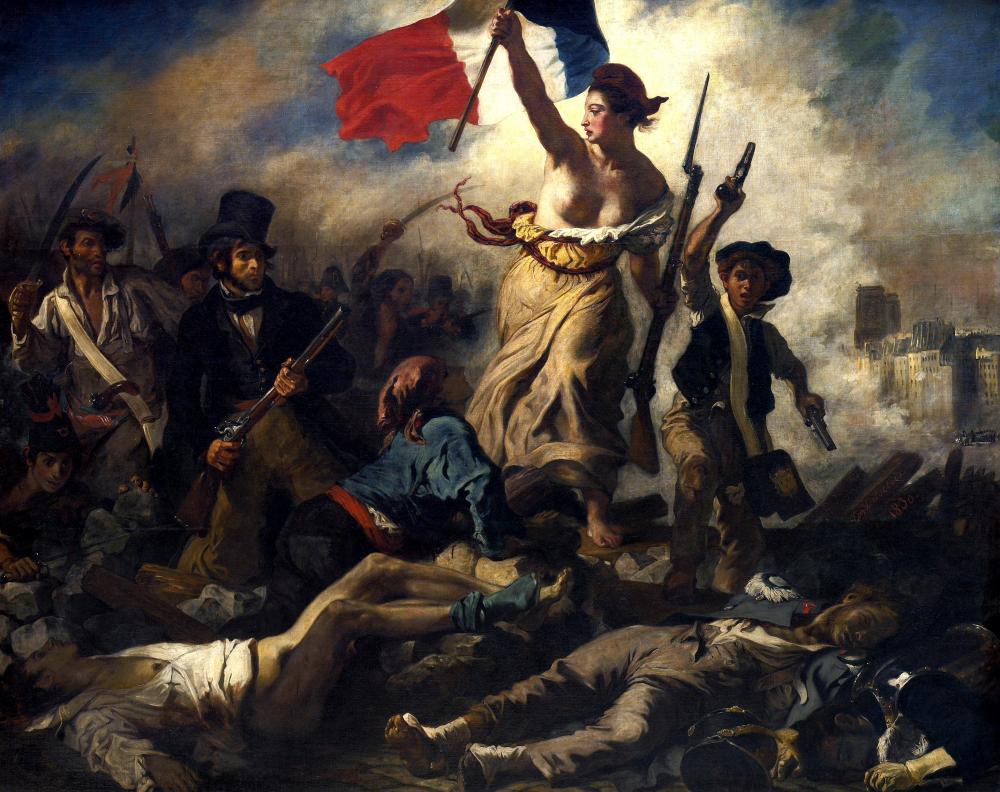European History, 1715-1890

During the eighteenth and nineteenth centuries, Europe changed more radically than in any earlier period. That is revealed by the frequent use of the word "revolution" to describe some of its major events - The French Revolution, the Revolutions of 1848, the romantic revolution and the industrial revolution. The roots of another great revolution - the Russian Revolution of 1917 - stretch back deep into the nineteenth century.
Other changes such as the "disenchantment of the world" by the Enlightenment, the transformation of the role and position of women, the urbanisation of European society, the rise and fall of Napoleon or the unification of Italy and Germany, were of comparable scale and importance.
Virtually all the movements which formed the modern world - secularism, liberalism, Marxism, democracy, romanticism, conservatism, modernism, anarchism, terrorism (to mention just a few) were creations of the eighteenth and nineteenth centuries. No proper understanding of the world in which we live can be achieved without knowledge and understanding of these dramatic times.
Always one of the most successful and popular papers in the Tripos, Paper 17 has been restructured to provide students with a course of lectures which:
- is coherent in conception
- is comprehensive but concise in coverage
- combines both chronological and conceptual approaches
- is closely related to the examination paper
- is integrated with College supervision
At the heart of the teaching for this paper is a twice-weekly course of lectures given by a team of experts. Beginning with eight core lectures, which identify and explain the central themes in the political, social, economic and cultural history of the period, the course then covers the major events and developments in all these fields.
The lectures will
- provide a synopsis for each lecture
- offer advice on further reading
- make use of the Faculty's excellent IT resources
- give the opportunity for questions at the end of each lecture
- encourage feedback both informally and through questionnaires
For further information please follow the link below.
This material is intended for current students but will be interesting to prospective students. It is indicative only.
